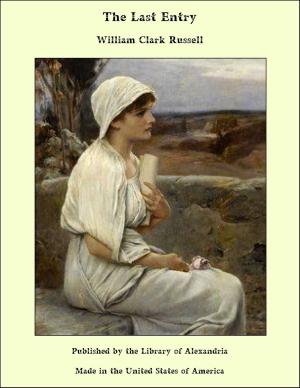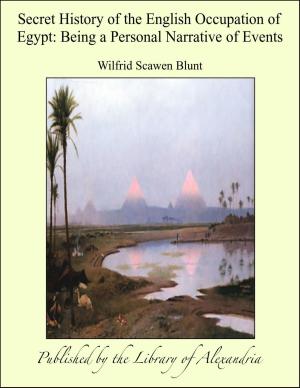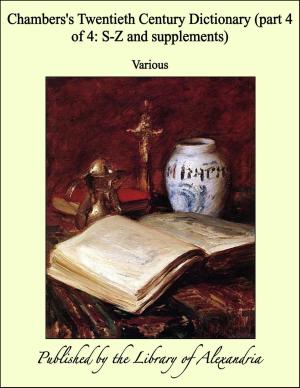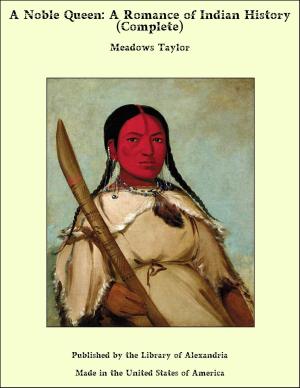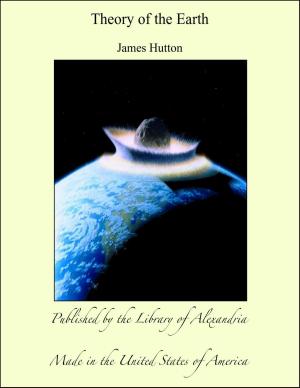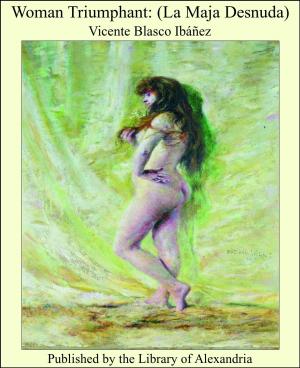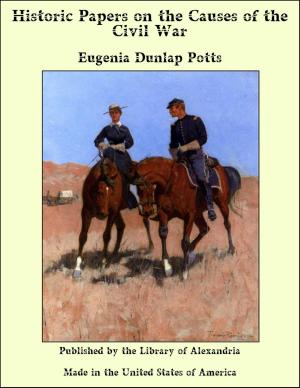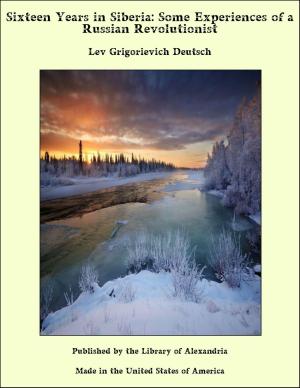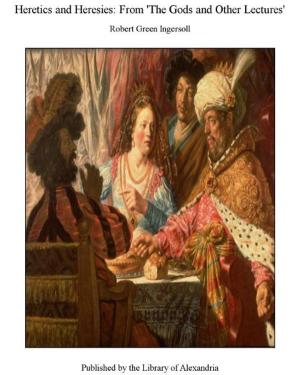| Author: | Mary Esther Miller MacGregor | ISBN: | 9781465539809 |
| Publisher: | Library of Alexandria | Publication: | March 8, 2015 |
| Imprint: | Language: | English |
| Author: | Mary Esther Miller MacGregor |
| ISBN: | 9781465539809 |
| Publisher: | Library of Alexandria |
| Publication: | March 8, 2015 |
| Imprint: | |
| Language: | English |
IN THE VALLEY OF SHADOWS Like the great rest that cometh after pain, The calm that follows storm, the great surcease, This folding slumber comforts wood and plain In one white mantling peace. —WILLIAM WILFRED CAMPBELL. The storm was over, the snow had ceased falling, and under its muffling mantle, white and spent with the day's struggle, lay the great swamp of the Oro. It seemed to hold in its motionless bosom the very spirit of silence and death. The delicately traced pattern of a rabbit or weasel track, and a narrow human pathway that wound tortuously into the sepulchral depths, were the only signs of life in all the white stillness. Away down the dim, cathedral-like aisles, that fainted into softest grey in the distance, the crackling of an overburdened twig rang startlingly clear in the awesome hush. The tall firs and pines swept the white earth with their snow-laden branches, the drooping limbs looking like throngs of cowled heads, bent to worship in the sacred stillness of a vast temple. For the forest was, indeed, a place in which to wonder and to pray, a place all white and holy, filled with the mystery and awe of death. But suddenly into this softly curtained sanctuary came a profaning sound; a clear, joyous shout rang through the sacred aisles; and, down the narrow pathway, leaping over fallen logs, whipping aside the laden branches and scattering their snow-crowns in a whirling mist about him, destroying, in his ruthless progress, both the sanctity and the beauty of the place, came a human figure, a little figure, straight and sturdy, and as lithe and active as any Other wild, forest-creature. His small, red-mittened hands, the scarlet woollen scarf about his neck, and his rosy cheeks made a bold dash of colour in the sombre gloom, as his abounding life disturbed the winter death-sleep. On he came, leaping from log to log like a hare, and setting the stately forest arches ringing to a rollicking Scottish song, tuneful and incongruous
IN THE VALLEY OF SHADOWS Like the great rest that cometh after pain, The calm that follows storm, the great surcease, This folding slumber comforts wood and plain In one white mantling peace. —WILLIAM WILFRED CAMPBELL. The storm was over, the snow had ceased falling, and under its muffling mantle, white and spent with the day's struggle, lay the great swamp of the Oro. It seemed to hold in its motionless bosom the very spirit of silence and death. The delicately traced pattern of a rabbit or weasel track, and a narrow human pathway that wound tortuously into the sepulchral depths, were the only signs of life in all the white stillness. Away down the dim, cathedral-like aisles, that fainted into softest grey in the distance, the crackling of an overburdened twig rang startlingly clear in the awesome hush. The tall firs and pines swept the white earth with their snow-laden branches, the drooping limbs looking like throngs of cowled heads, bent to worship in the sacred stillness of a vast temple. For the forest was, indeed, a place in which to wonder and to pray, a place all white and holy, filled with the mystery and awe of death. But suddenly into this softly curtained sanctuary came a profaning sound; a clear, joyous shout rang through the sacred aisles; and, down the narrow pathway, leaping over fallen logs, whipping aside the laden branches and scattering their snow-crowns in a whirling mist about him, destroying, in his ruthless progress, both the sanctity and the beauty of the place, came a human figure, a little figure, straight and sturdy, and as lithe and active as any Other wild, forest-creature. His small, red-mittened hands, the scarlet woollen scarf about his neck, and his rosy cheeks made a bold dash of colour in the sombre gloom, as his abounding life disturbed the winter death-sleep. On he came, leaping from log to log like a hare, and setting the stately forest arches ringing to a rollicking Scottish song, tuneful and incongruous


